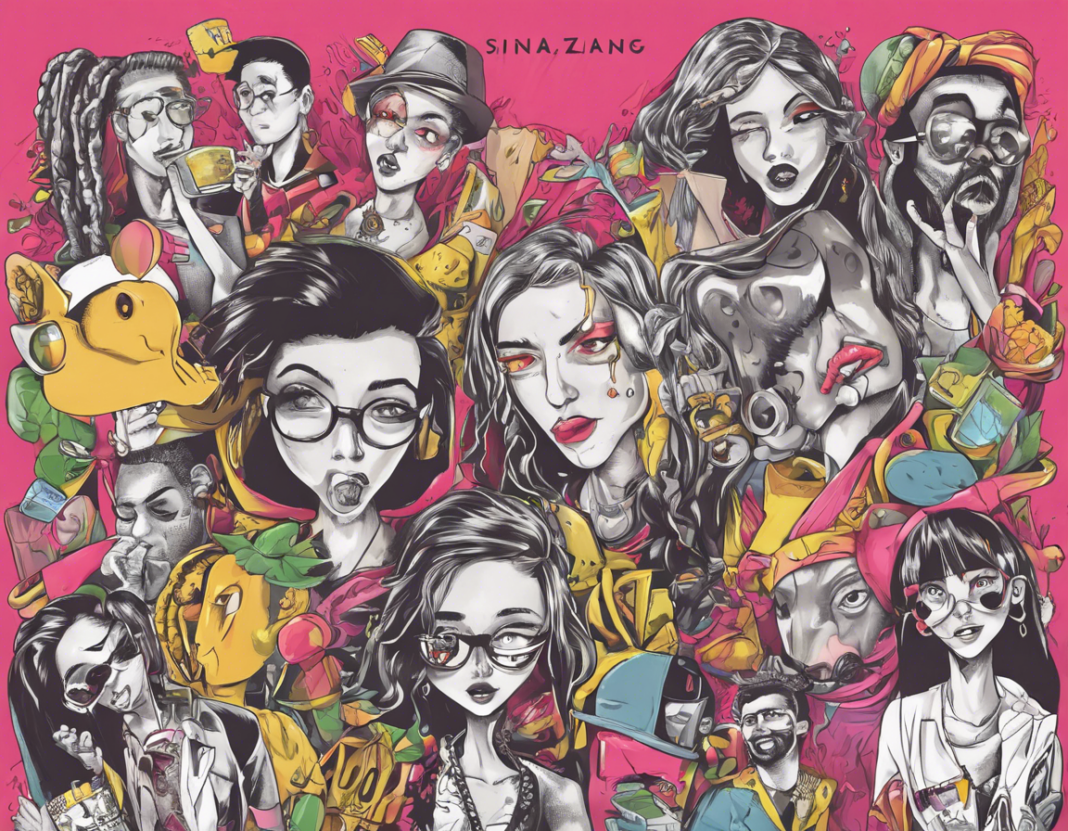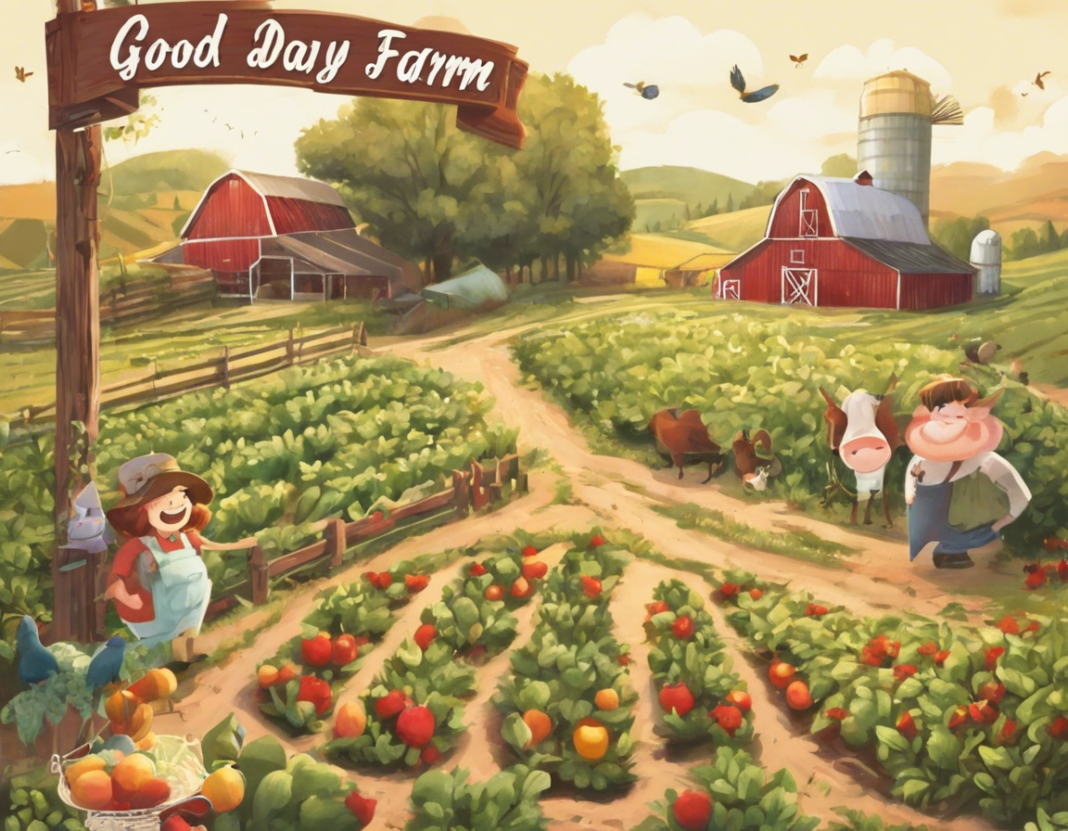The Origin and Evolution of Zaza Slang
Zaza slang is a unique form of language that has evolved over time within the Zaza-speaking communities in Turkey, Iran, and other regions where the Zaza people reside. The Zaza people are a Kurdish ethnic group with their distinct language and culture. Zaza slang has its roots in the Zaza language but has developed into a more colloquial and informal way of communication among the younger generations.
Understanding the Linguistic Characteristics of Zaza Slang
Zaza slang incorporates various linguistic features that set it apart from traditional Zaza language. It often includes borrowed words from Turkish, Persian, and other languages spoken in the region. Additionally, Zaza slang utilizes unique expressions, idioms, and wordplay to convey meaning in a creative and colorful manner. This form of slang is constantly evolving, with new words and phrases being coined regularly to keep up with the ever-changing linguistic landscape.
The Cultural Significance of Zaza Slang
Zaza slang plays a crucial role in the cultural identity of the Zaza people. It serves as a way for the younger generation to assert their heritage and distinguish themselves from other ethnic groups in the region. Through the use of Zaza slang, individuals can express their sense of belonging to the Zaza community and connect with others who share a similar cultural background. Moreover, Zaza slang is often used in music, poetry, and other forms of artistic expression, further highlighting its cultural importance.
Popular Expressions and Phrases in Zaza Slang
- “Daye” – This term is used to address a close female friend or sister in Zaza slang.
- “Heval” – It means friend in Zaza slang and is commonly used to refer to a buddy or pal.
- “Çıl” – Used to express excitement or amazement, similar to saying “wow” in English.
- “Dılo” – A term of endearment used to show affection or love towards someone.
- “Bıra” – Refers to a younger brother in Zaza slang and is often used among male friends.
The Role of Zaza Slang in Modern Society
In contemporary Zaza society, slang serves as a tool for social bonding and group identity. It is commonly used in casual conversations, social media interactions, and everyday interactions among young Zaza speakers. By using Zaza slang, individuals can create a sense of camaraderie and solidarity with their peers, fostering a strong sense of community and belonging within the Zaza diaspora.
Challenges and Criticisms of Zaza Slang
While Zaza slang plays a vital role in preserving the cultural heritage of the Zaza people, it also faces challenges and criticisms. Some argue that the proliferation of slang may lead to a degradation of the traditional Zaza language, as younger generations may prioritize slang over learning the formal language. Additionally, there are concerns that Zaza slang may contribute to linguistic fragmentation within the Zaza community, leading to difficulties in communication and understanding among different generations.
FAQs about Zaza Slang
-
What is the difference between Zaza slang and traditional Zaza language?
Zaza slang is a more colloquial and informal form of communication, characterized by borrowed words, creative expressions, and wordplay, while the traditional Zaza language follows more formal grammar rules and structures. -
How is Zaza slang passed down to future generations?
Zaza slang is often transmitted orally from older to younger generations within the Zaza community through family, friends, and social interactions. -
Is Zaza slang only spoken, or is it also used in written form?
While Zaza slang is primarily a spoken language, it is increasingly being used in written form on social media platforms, instant messaging apps, and other digital communication channels. -
Are there regional variations in Zaza slang?
Yes, like any form of slang, Zaza slang may have regional variations based on local dialects, cultural influences, and historical factors within the Zaza-speaking communities. -
How can one learn to speak and understand Zaza slang?
To learn Zaza slang, it is helpful to immerse oneself in the Zaza culture, interact with native speakers, listen to Zaza music and watch Zaza movies to grasp the nuances and expressions commonly used in Zaza slang.
In conclusion, Zaza slang is a vibrant and dynamic form of language that reflects the rich cultural heritage and identity of the Zaza people. By understanding the origins, linguistic characteristics, and cultural significance of Zaza slang, we can appreciate its role in shaping social interactions, artistic expressions, and community cohesion within the Zaza diaspora. As with any form of slang, Zaza slang continues to evolve and adapt to the changing needs and preferences of its speakers, ensuring its relevance and vitality in modern society.


